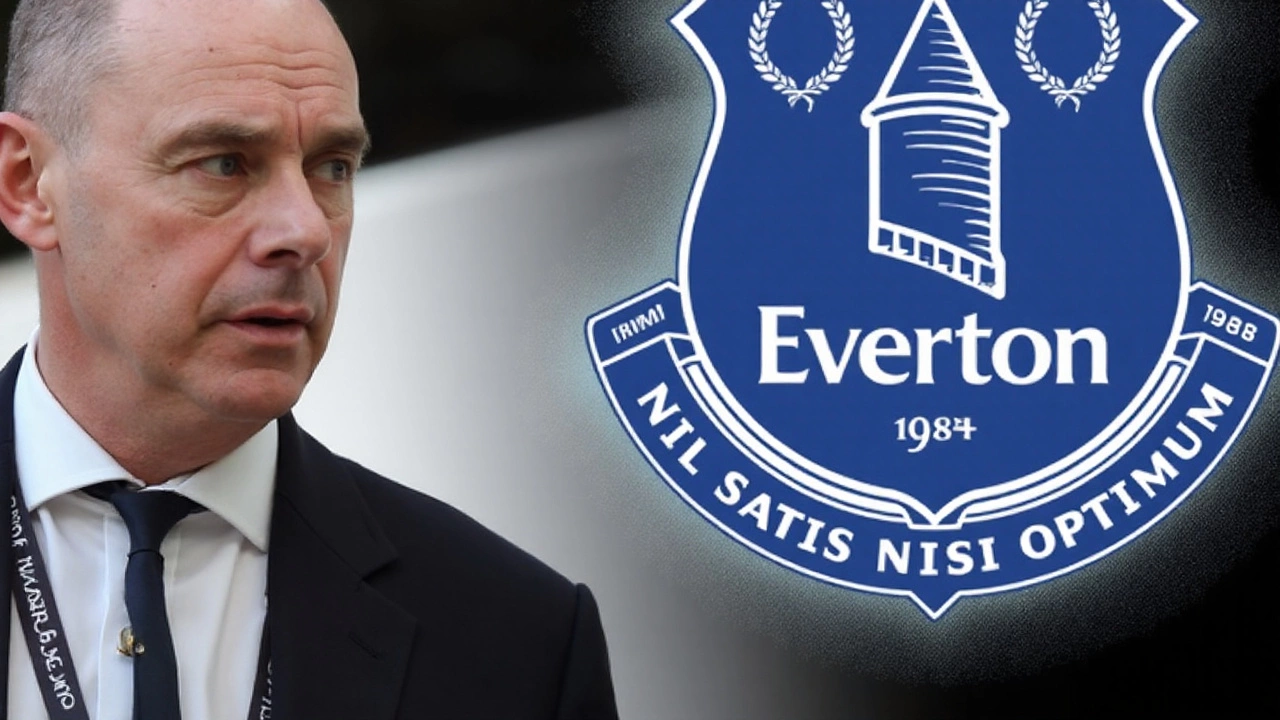Technical Director: What They Do and Why It Matters
Ever wonder who decides the playing style, hires coaches, and sets the long‑term plan for a football club? That’s the technical director. In simple terms, they are the bridge between the boardroom and the pitch. They make sure the club’s vision turns into real results on the field.
Unlike a head coach, the technical director looks at the big picture. They don’t pick the starting XI for every match, but they shape the squad, decide what type of players the club needs, and create a development pathway for youngsters. Think of them as the architect of the club’s football DNA.
Key Responsibilities
First up, recruitment. A technical director works with scouts and the head coach to identify talent that fits the club’s style. They evaluate stats, watch games, and even interview players to make sure the fit is right. This saves the club money and builds a team that clicks.
Second, they build the coaching staff. From the head coach to fitness trainers, each hire is vetted to match the club’s philosophy. They also set up regular training workshops so coaches stay current with new tactics and sports science.
Third, they oversee the academy. Youth development is a major part of the job. The technical director ensures the academy follows the same playing model as the senior team, making the step‑up smoother for young players.
Fourth, they create a long‑term plan. This includes setting targets for league position, cup runs, and financial goals tied to player sales. The plan is a living document that gets updated every season based on results and market changes.
Finally, they act as a liaison between the board and the football side. They translate board ambitions into practical steps and report back on progress. This two‑way communication keeps everyone on the same page.
Path to Becoming a Technical Director
Most technical directors start as former players, coaches, or scouts. Hands‑on experience gives them a feel for what works on the pitch. From there, many pick up a diploma or degree in sports management, business, or coaching badges.
Networking is huge. Attending coaching conferences, meeting other directors, and building relationships with agents can open doors. A solid reputation for making smart recruitment choices or building successful academies gets you noticed.Next, develop a clear football philosophy. Whether it’s possession‑based, high‑pressing, or defensive solidity, having a defined style helps you sell your ideas to clubs.
Finally, show you can handle the business side. Budget planning, contract negotiations, and player valuations are daily tasks. Demonstrating those skills on a smaller club can lead to bigger opportunities.
In short, the technical director role blends football knowledge with business savvy. If you love the game, enjoy spotting talent, and can think long term, this could be the perfect career path. Keep learning, stay connected, and let your football philosophy guide every decision you make.

David Weir leaves Brighton technical director post as Everton talks gather pace
Brighton have confirmed the sudden exit of technical director David Weir, just 11 days after the summer window closed and three games into the season. Owner Tony Bloom framed it as a refresh of leadership. Weir joined in 2018 and was promoted in 2022, guiding a pathway that produced major sales like Ben White, Robert Sanchez and Moises Caicedo. Reports now link him with a return to Everton.